For the past two weeks, I’ve been talking about how to fuel your body for optimal athletic performance. If you’re following along, I’m sure you’re waiting on the edge of your seat for this final installment: post-workout/race nutrition. So far we’ve covered pre-race nutrition and what to eat to keep you going during a long training workout or endurance event. It’s time we talk recovery. For post-workout/race nutrition it’s not as important to experiment beforehand. What’s most important is giving your body the calories and nutrients (macro and micro) it needs, while giving your soul a well-deserved but not over-the-top reward for all your hard work.
How to FUEL your body for optimal athletic performance: Part 3 – What to eat post-workout/endurance event
(Adapted from The Thrive Diet, by Brendan Frazier)
1. Respect the fuel window. In the 15-60 minutes immediately following a workout or endurance event, your muscles are primed and ready to receive fuel to start the repair process. Eat (or drink) your recovery meal right away, ideally within the first half hour after the workout is complete. If you’re not hungry, opt for something liquid as it’ll be easier to gulp down. Even the classic chocolate milk will do in a pinch.
2. Make it easy to digest. Your muscles need blood to deliver nutrients to them. The more of that blood that’s tied up in digesting, the less that gets to your muscles. Ideally, you should get your immediate post-workout fix in liquid form.
3. Consume .75 g of carbohydrate per pound of body weight and include at least 10 g of protein. Your carbohydrates should include high-glycemic index carbs, like glucose (dates are a good way to get it), and some slower-release, fibrous, carbs as well – think whole grains, fruits and veggies. Include about half as many grams of healthy fat as you do protein. Try avocado, or flaxseed or coconut oils.
4. Get out of the acid state with greens or other vegetables and fruits. Intense exercise creates an acidic environment in your body. Bitter greens (kale, chard, mustard, etc), vegetables, and certain fruits like lemons and limes have a neutralizing effect on your body. Animal protein is acid-forming, as are heavily-processed protein powders. This is one of several reasons I suggest using minimally-processed hemp protein powder.
5. Drink 2 cups of water per pound of body weight lost during exercise and replace lost electrolytes. When you sweat, you lose electrolytes, the little conductors that transmit electrical impulses throughout your body. Some good sources of electrolytes are fruit or a few pinches of sea salt. You can also proactively replace electrolytes during an endurance event with S!Caps or another capsule that provides sodium, potassium and other minerals. These can be taken every 45 min in hot weather, or 60 min in temperate weather (depending on your rate of sweat), Just tape them to your race bib (on the outside) and you’ll be good to go!
Check back next week for what to eat during a long training workout or endurance event.




